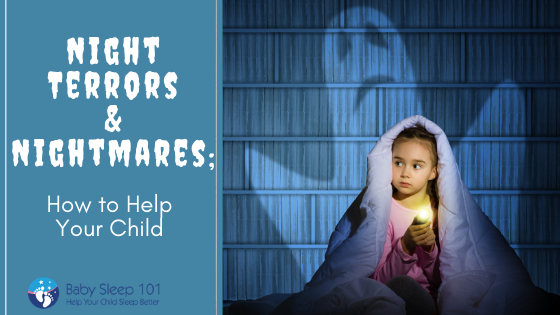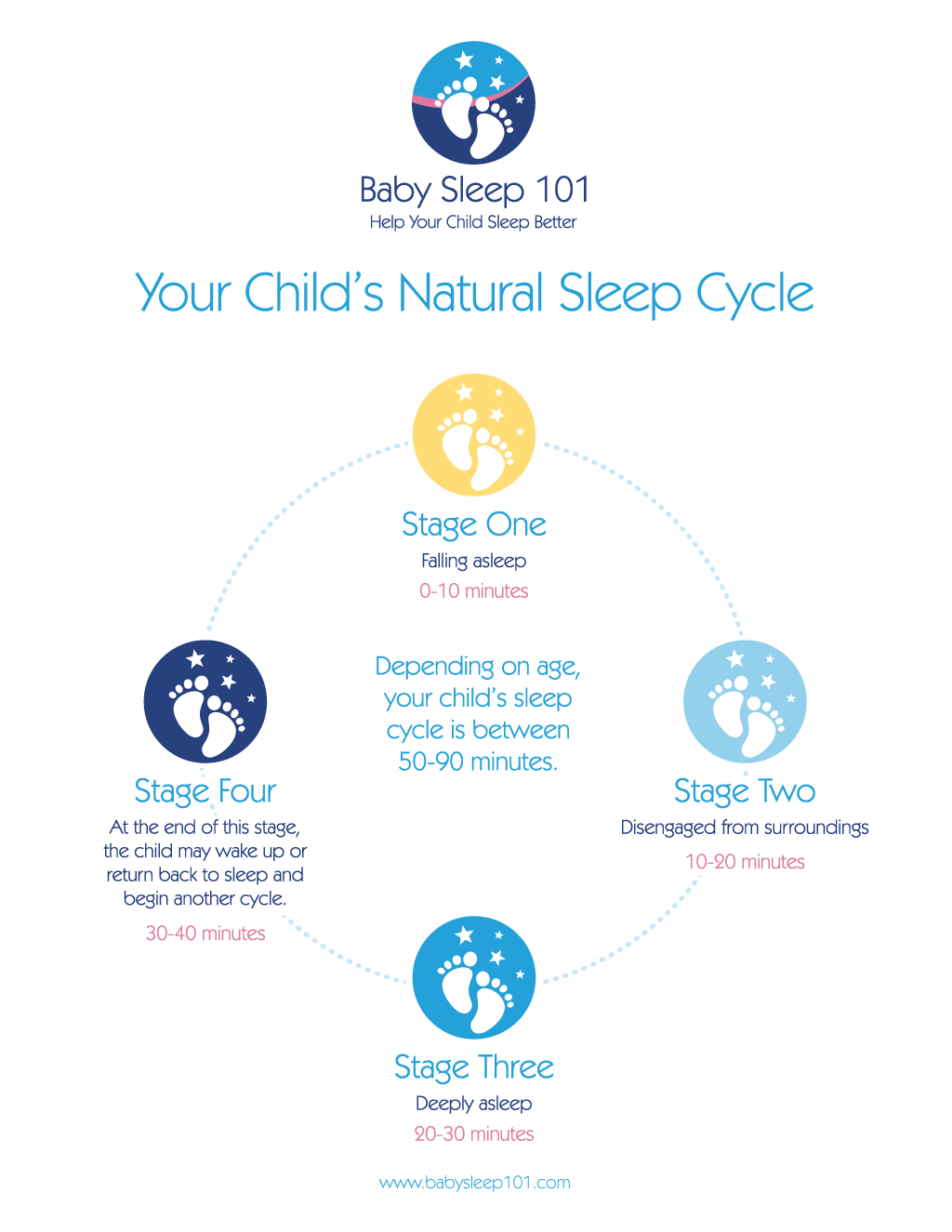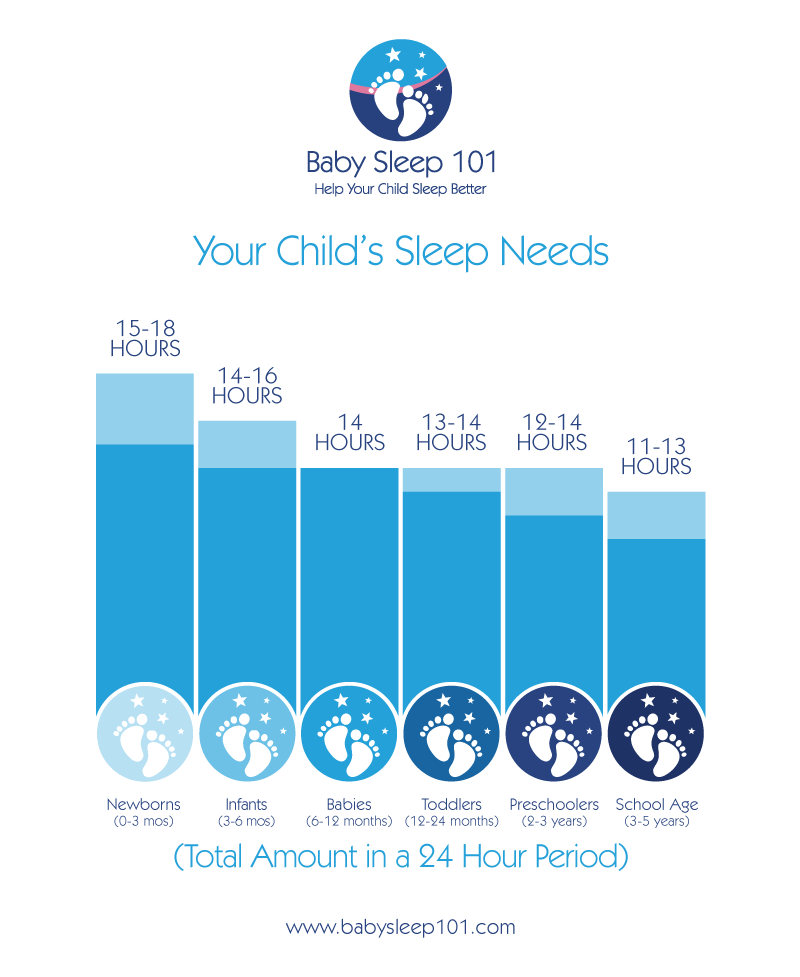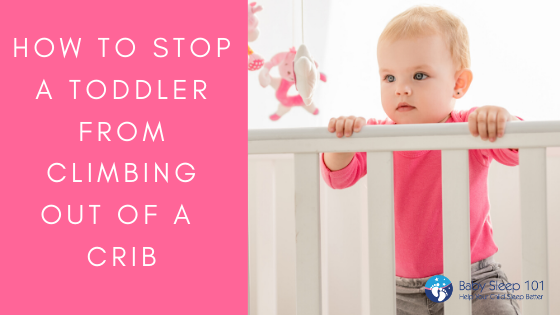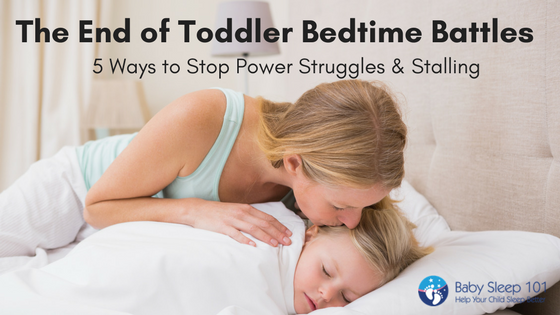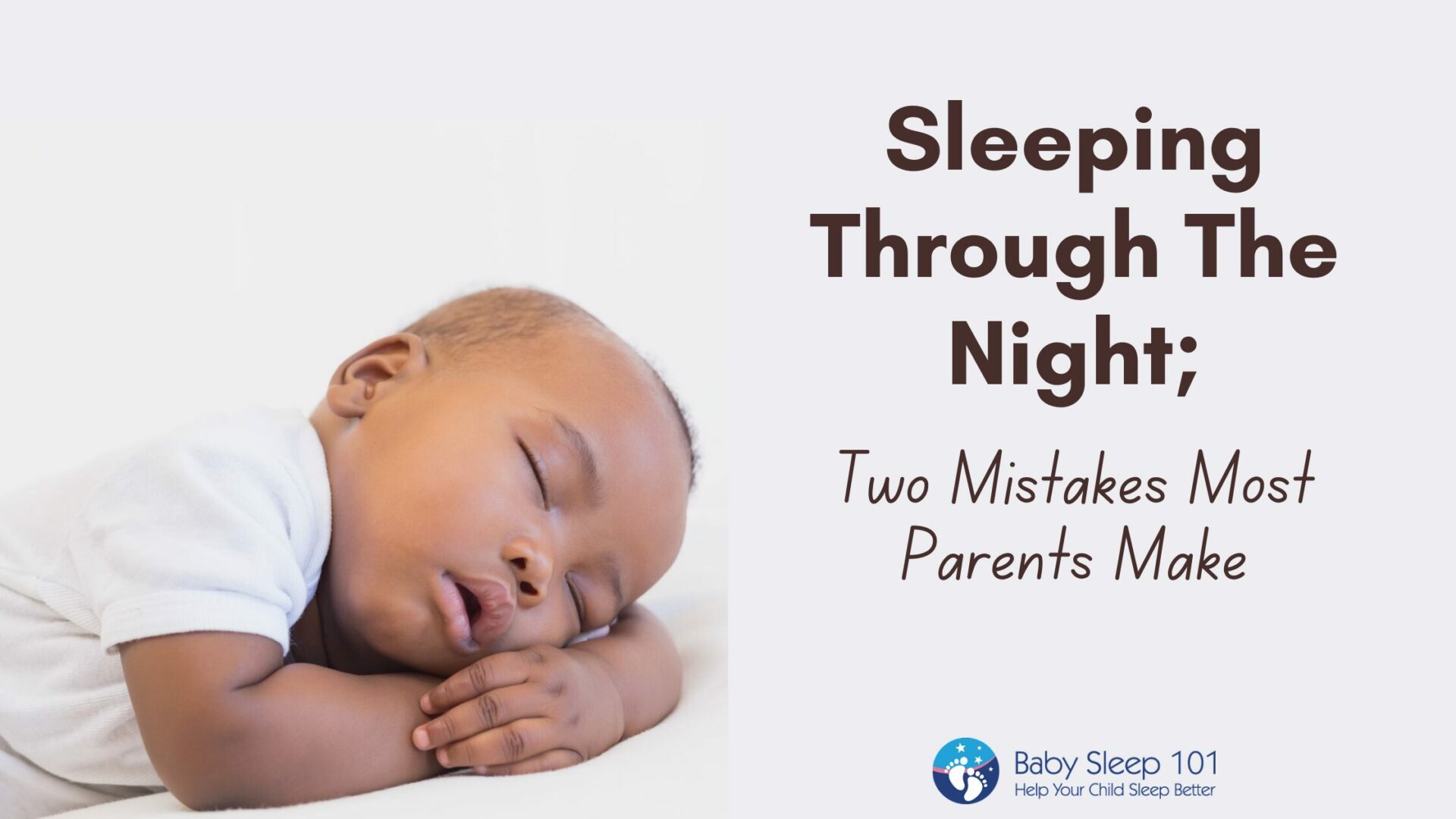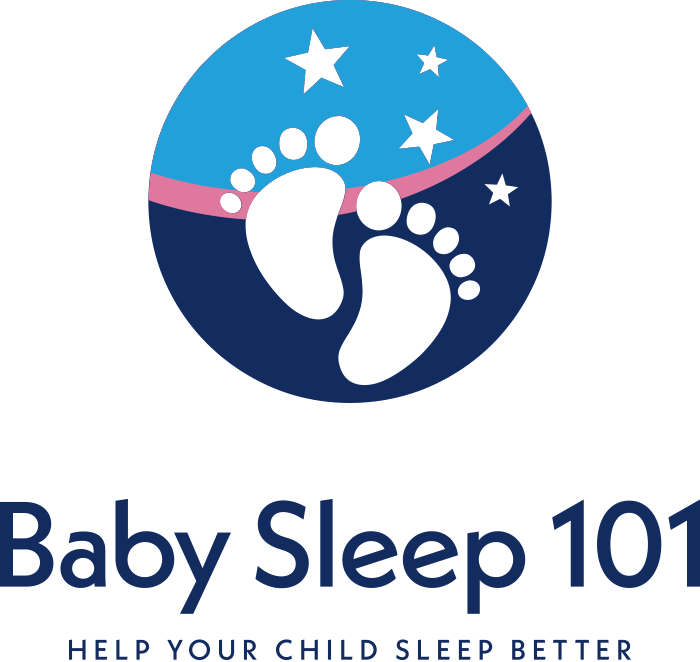Night Wakings, Night Terrors, & Nightmares-how to help your child manage all three
Halloween is coming! And with this season comes with an assortment of monsters, goblins and ghosts – oh my! It may also bring nightwakings, nightmares and night terrors!
If you’re like my family, this festive season is all in good spirits.
(Since the writing of this article back in 2018, I had my youngest, who loves Halloween. We have something related to the season all year round in our house. ; ))
For others, it can be all too new and terrifying. The imaginations of children can be affected by the scary sights that are flying around at this time of year. Their brains are working on overtime trying to process it all and this can cause bad dreams.
How should you handle situations where your toddlers and preschoolers are scared and waking up at night? Is it really nightmares, or something else entirely?
First, it’s important to note that there are three common types of night wakings:
- Overtired night wakings
- Night terrors
- Nightmares
Let’s look at each in a bit more detail.
Overtired Night Wakings
Did you know that no one really sleeps right the way through the night? Especially not children!
We all go through periods of rest and brief wakefulness. As you can see in the following image, our children’s sleep cycle lasts approximately forty five minutes. Once a cycle is complete, they will partially wake up before entering another cycle.
You usually enter and exit these cycles seamlessly. However, children can become overtired due to an increase in stimulating hormones in the body.
This will increase the chances of waking during the night when children are trying to transition through the different stages of their sleep cycles.
The Solution To Night Wakings
The solution to night waking is simple (in theory 😉 ). Make sure your child is well rested and getting the right amount of sleep based on their needs.
It goes without saying, but if they’re over tired they need a few days with earlier bedtimes. This will help them to catch up on the deep sleep cycles that occur early on in the night.
In addition, have a short and simple soothing wind down routine, for each nap and bedtime. Not including bathing, the wind down should be finished in under twenty minutes.
Once they are asleep, we want them to stay asleep. A dark environment will encourage their body and brain to settle for the night. If you must keep a night light on, it should be very low wattage and on the warm colour spectrum such as orange, pink or red.
Finally, work towards weaning their dependency of sleep props if it is disrupting their ability to transition through sleep cycles at night.
If you want more information on nightwakings, check out this article: Help Your Toddler Sleep Through The Night
Night Terrors
Night terrors are not a pleasant experience for the child and parents.
For those of you who are unfamiliar with the phenomenon, during a night terror your child may have their eyes open and appear to be awake. They might yell, scream and thrash uncontrollably. Your attempts to soothe them will go unacknowledged until all of a sudden they ‘snap out of it’ and come to. This will leave both you and your child confused.
Technically speaking, night terrors, less commonly known as a Confusional Event, occur when part of the child’s brain remains asleep although their eyes are open.
When they overcome the night terror they won’t remember what has happened. This might seem similar to a nightmare, but it isn’t. No dreaming occurs during the sleep cycle when night terrors take place. Night terrors tend to happen during NREM sleep and often within the first four hours of sleep.
The Solution To Night Terrors
Like regular night wakings, night terrors can be associated with a child being over tired. Make sure they are getting the right amount of sleep and be sure to allow them earlier bedtimes if they’re lacking sleep. Watch for subtle sleep cues in the early evening to help you determine bedtime.
Any signs of ;
- Zoning out
- Eyes looking glassy
- Staring into space
- Movements and activity level starting to slow down
This signs are clues that bedtime should be quickly approaching in the next thirty minutes or so. If your child’s energy level is getting revved up, or, they are becoming defiant, you may have missed their optimal sleep window and they are getting overtired.
Night terrors can also happen if the child is too warm.
Watch that their bedroom temperature stays between 17-21 C (62-69 F). Depending on your climate and the season, dress them accordingly.
But a good rule of thumb to follow is to have a cooler room temperature, and warm pajamas, if needed.
Want more sleep tips for your toddler or preschooler? Grab your free copy of Sleep Solutions for Toddler + Preschoolers; Easy Tips for Exhausted Parents
Nightmares
Nightmares and night terrors often get confused with one another. But nightmares differ from night terrors for a few reasons.
- Nightmares happen during REM sleep whereas night terrors occur during the NREM sleep phase
- Because of this, nightmares tend to happen later during the night
- Children usually remember their nightmare or portions of it, but not a night terror.
The Solution To Nightmares
Children waking due to nightmares is a common worry I see among my clients. The good news is that nightmares don’t actually happen as often as you might think.
In my experience; over tiredness and sleep debts cause more night wakings, than nightmares do.
That’s not to say that nightmares don’t happen.
Incidences of nightmares usually peak between the ages of 3-6 years of age, and happen for a variety of reasons. More often than not, it’s simply brought on by growing up and being aware that negative or scary things exist.
If a child is dealing with anxiety or stress brought on by changes in their lives, this can also trigger nightmares.
Finally, you may just be blessed with a child that has an overactive imagination.
Validate Their Feelings, Not the Fear Itself
When your child has a nightmare, reassure them that the dream wasn’t real and validate their feelings. At the same time, be careful to not validate the actual fear itself.
Sometimes, in their efforts to reassure a child, parents will start to do a “monster check” or spray a “magic potion” to keep them away. But doing this implies that there are actually monsters to check for, or bad things that require a magical potion.
Instead offer gentle reassurance, love and support after a bad dream. Give them the tools to work at building their confidence up. For example; if they are very upset you could try to help them by rewriting the dream and giving it a funny or silly ending.
This not only conveys the message that the dream wasn’t real, but empowers your child to manage their feelings upon waking.
Watch What Your Child Watches
We can’t prevent nightmares, but we can try to limit their occurrence. Many young children are very sensitive and even some media that are targeted for younger audiences can be too scary.
I once made the mistake of letting my daughter watch The Lion King. She was already in school, so I thought it would be fine. However, the hyenas scene bothered her for a few weeks.
We had many conversations about how it wasn’t real, along with ideas of what she could focus on at bedtime instead, such as her favourite parts of her day, what we would do on the weekend, etc.
After that, I always took into account her sensitive nature before viewing other movies.
Limit Electronics Before Bed
It’s always a good idea to monitor and limit the amount of TV your child is watching before they go to bed-not just to reduce nightmares, but to promote healthy sleep habits, too.
TV, movies, Ipads and the like should all be shut off 60-90 minutes before bedtime. Instead of helping children relax with a show before bedtime, try a puzzle, audiobook, colouring or another quiet activity.
This helps to encourage melatonin release and helps children wind down. This can also help your little one to not incorporate anything too confusing or scary into their dreams at night.
8 takeaways to help you and your toddler sleep easy
- Make sure they’re getting the right amount of sleep for their needs
- Give them earlier bedtimes to help them catch up on their sleep cycles
- Make sure their room is comfortably cool
- Validate their feelings, but don’t encourage the fear
- Reassure and comfort them
- Help them to learn coping mechanisms
- Be mindful of the images and media your child is exposed to during the day. I’m looking at you, Disney movies.
When our little ones wake at night, it’s important that we understand the reason, so that we can help them get back to sleep quickly and efficiently. Whether it’s an over-tired night waking, night terror or nightmare, there are several tips and tools you can use to help everyone get the rest they need.
Still dealing with night wakings?
Not sure what’s going on?
If your little one has been struggling with night wakings for a while, and you want to sort it out quickly, book your consultation here.


